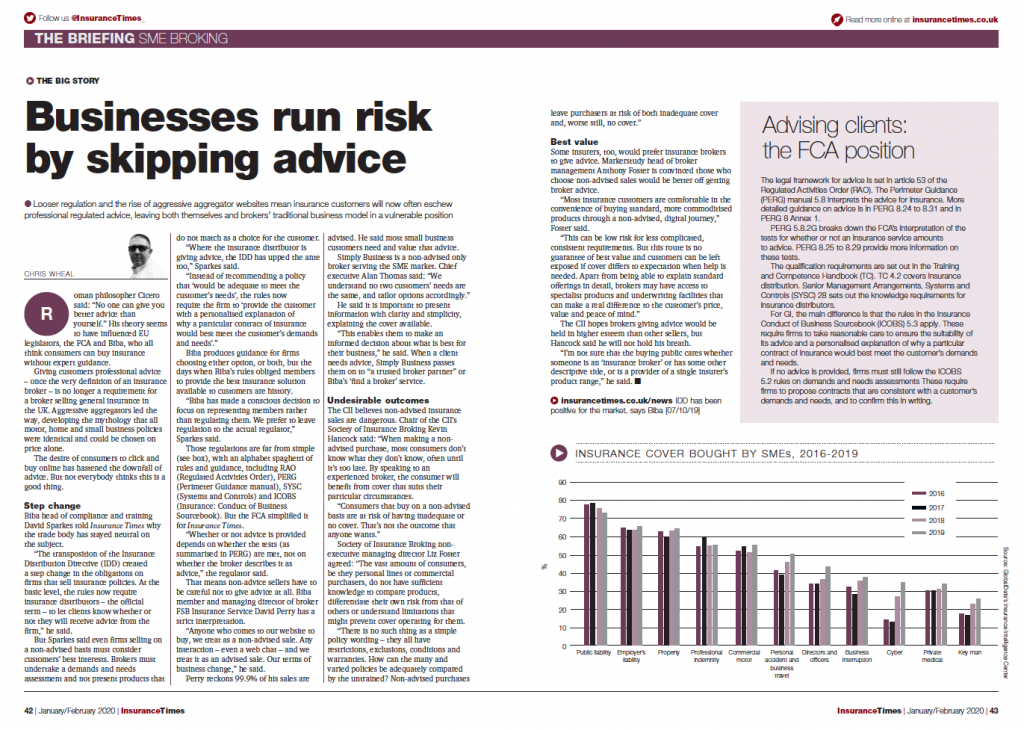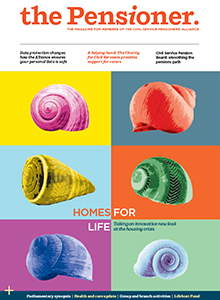How modern journalism works
I’ve posted on LinkedIn about being shortlisted for the 2020 British Insurance Brokers’ Association (Biba) journalism awards. It’s worth emphasising how much work goes into high-quality journalism.
This will be entirely recognisable to any journalist but perhaps non-editorial folks are unaware of how modern journalism works.

Modern journalist/PR relations work like this. If you phone a PR for information, they ask you to email the details. If you email the details, it always goes into a black hole and you need to call them to ask if they got your email and sometimes resend it. The belt-and-braces approach is to type up the email but phone them and when they answer, press send.
PRs always ask what your deadline is. If you say “my deadline is Friday so please could I have the answer by Thursday?” you’ll need to chase on Friday and might get the answer on Monday.
The thing is, journalists know this is going to happen, so we give the PRs earlier deadlines to compensate. The PRs know the journalist has given artificially early deadlines so don’t worry about hitting them. It’s a vicious circle. Only the journalist is penalised for missing the deadline.
How many sources does a journalist need?
I quoted six senior industry figures, plus I included information from the regulator, the Financial Conduct Authority (FCA). How many sources do you think I had to try in order to get seven to agree to say anything? And how many times do you think I needed to chase up those contacts?
I put emails and calls into several big-name insurers and brokers who either did not respond or, in the main, said they’d rather not. Half those who did respond had to be politely chased up after they missed the deadline I had given.
One high-profile “broker” which used to provide high-quality advised sales in the specialist motorcycle insurance market, initially said they would help and then changed their mind. That was after I had spoken to two different people within the marketing/PR function (one internal and one external) and they had contacted a third person within the company.
Journalistic balance
The big issue was finding a broker that had chosen to ditch giving advice and instead to provide customers with just the cheapest product, which might not be suitable for them and could have such high exclusions or onerous caveats as to be useless. Most did not want to justify their choice.
I thought I was going to have to write that I had tried but to no avail. I wrote the first draft to that affect, while persisting in trying new sources. Eventually, at the very last minute, I got what I needed. I cut some words out of the draft to fit in my new comments and sent off the piece.
A fair day’s pay for a fair day’s work
All this work was for how much? You probably imagine thousands of pounds. £360. That’s £300/1,000 words. That is the same rate I was paid by The Guardian 21 years ago after I won my first Biba award. Journalism rates have not risen in 21 years. For many, they have fallen.
Were Noel Coward around today, he’d be saying “Don’t put your daughter on the page, Mrs. Worthington”. Proper, decent, hard-working, honest journalism does not pay.










